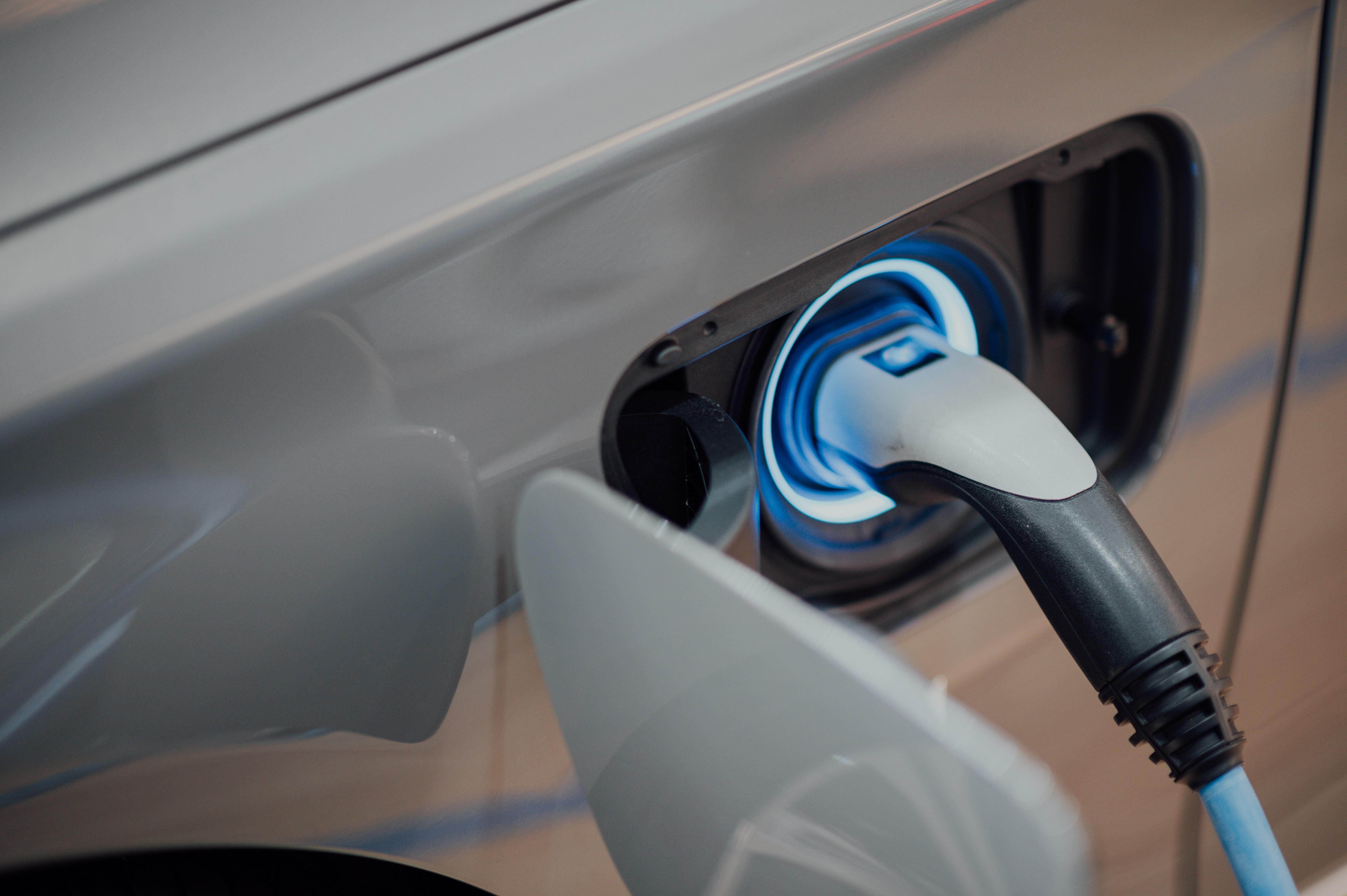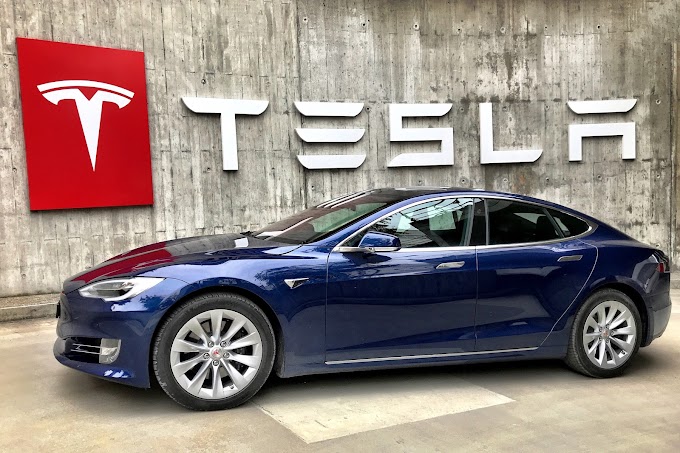Introduction
The automotive industry is experiencing a significant shift towards electric vehicles (EVs) as a sustainable and eco-friendly transportation solution. As one of the leading automobile manufacturers, Toyota has been at the forefront of this transformation, constantly pushing the boundaries of innovation. In its latest endeavor, Toyota has developed a revolutionary battery technology that promises to be a game-changer in the EV market.
The Need for Advanced Battery Technology
The success of electric vehicles hinges on the efficiency, range, and charging capabilities of their batteries. Traditional lithium-ion batteries, while effective, have limitations that hinder the widespread adoption of EVs. These limitations include limited range, long charging times, and concerns over their environmental impact. Toyota recognized the need for a breakthrough in battery technology to address these challenges and propel the EV industry forward.
Introducing the Solid-State Battery
Toyota's revolutionary battery technology centers around the development of solid-state batteries. Unlike conventional lithium-ion batteries that use a liquid electrolyte, solid-state batteries employ a solid electrolyte. This fundamental change brings several significant advantages to the table.
Enhanced Energy Density
Solid-state batteries offer a higher energy density compared to their liquid counterparts. This means that they can store more energy in a smaller and lighter package, resulting in increased range for electric vehicles. With Toyota's solid-state batteries, EV owners can travel longer distances without the need for frequent recharging, thereby addressing one of the main concerns of potential buyers.
Improved Safety
Safety is a paramount concern when it comes to battery technology. Traditional lithium-ion batteries are prone to overheating and potential thermal runaway, which can lead to fires or explosions. Solid-state batteries, on the other hand, are inherently safer due to their solid electrolyte. The risk of thermal runaway is significantly reduced, providing peace of mind to EV owners and manufacturers alike.
Shorter Charging Times
Another major advantage of Toyota's solid-state batteries is their ability to charge at a much faster rate. With current lithium-ion batteries, recharging an electric vehicle can take several hours. However, solid-state batteries have the potential to be charged in a matter of minutes. This not only improves convenience for EV owners but also helps alleviate concerns about the availability of charging infrastructure.
Environmental Benefits
Toyota's commitment to sustainability extends beyond the development of electric vehicles. The company aims to minimize the environmental impact of battery production and disposal. Solid-state batteries have the potential to be more environmentally friendly compared to traditional lithium-ion batteries. They eliminate the need for certain rare earth elements and reduce the risk of hazardous material leakage.
Challenges and Future Outlook
While Toyota's solid-state battery technology shows immense promise, there are still challenges to overcome before it can be commercially viable. These challenges include scaling up production, ensuring long-term durability, and reducing manufacturing costs. However, Toyota remains optimistic about the future of solid-state batteries and is actively working towards refining the technology to meet these challenges head-on.
Comparing Toyota's Battery Technology with Competitors' Offerings
In today's rapidly evolving automotive industry, the shift towards electric vehicles (EVs) has become increasingly evident. As more and more car manufacturers embrace this eco-friendly trend, the competition to develop advanced battery technology has intensified. In this article, we will explore Toyota's battery technology and compare it with offerings from its competitors.
Toyota's Battery Technology
Toyota has made significant strides in the development of battery technology for its electric vehicles. The company's focus has been on improving the performance, efficiency, and durability of its batteries. Toyota's battery technology is centered around its hybrid vehicles, which combine an internal combustion engine with an electric motor.
One of Toyota's notable achievements is the development of the Toyota Hybrid System (THS). THS integrates a gasoline engine, an electric motor, and a battery pack, allowing for seamless switching between the two power sources. This system not only improves fuel efficiency but also reduces emissions.
Toyota has also invested in research and development to improve the energy density of its batteries. Higher energy density means that the battery can store more energy in a smaller and lighter package. This advancement is crucial for extending the range of electric vehicles and reducing their overall weight.
Competitors' Battery Offerings
While Toyota has made significant progress in battery technology, it faces tough competition from other automakers.
Tesla
Tesla, known for its innovative approach to electric vehicles, has developed its own battery technology. The company's batteries are known for their high energy density and long-range capabilities. Tesla's battery packs utilize lithium-ion technology, which offers both efficiency and durability. Additionally, Tesla has invested in the development of its Gigafactory, a facility dedicated to manufacturing batteries at a large scale.
Nissan
Nissan, the manufacturer of the popular electric vehicle, the Nissan Leaf, has also made strides in battery technology. The Leaf is equipped with Nissan's lithium-ion battery pack, which provides a respectable range for urban commuting. Nissan has focused on improving the charging infrastructure for its vehicles, making it easier for owners to recharge their batteries.
General Motors
General Motors (GM) has made significant investments in battery technology through its subsidiary, Chevrolet. The Chevrolet Bolt EV is equipped with a lithium-ion battery pack that provides an impressive range on a single charge. GM has also collaborated with LG Chem to develop advanced battery technology for its future electric vehicles.
Conclusion
Toyota's revolutionary battery technology represents a significant breakthrough in the field of electric vehicles. The development of solid-state batteries brings forth enhanced energy density, improved safety, shorter charging times, and environmental benefits. While there are obstacles to overcome, Toyota's commitment to innovation and sustainability positions the company at the forefront of the EV revolution. With this groundbreaking technology, Toyota is paving the way for a future where electric vehicles are the norm rather than the exception.


.png)





